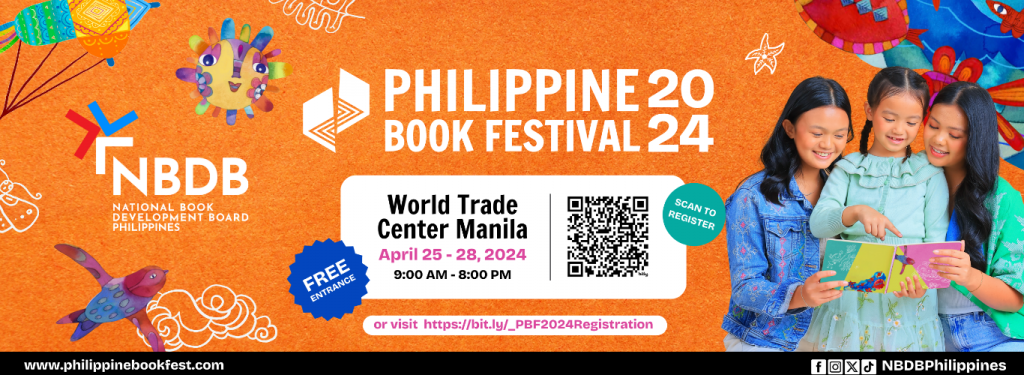Physical Address
304 North Cardinal St.
Dorchester Center, MA 02124
Physical Address
304 North Cardinal St.
Dorchester Center, MA 02124

People today can easily even access the bureau of the library and instantly get what they wish for, it does not seem to be surprising that the traditional research through books in libraries appears outdated for the present generation. Nevertheless, the legacy of an enchanting past and vibrant culture coupled with modernity in the Philippines means that online research and traditional books are both necessary means of accessing knowledge and scholarship advancements.
The Philippine Book Festival 2024 may have come and gone but the magic and excitement it brought to the Philippines’ book lovers, whether they read print or digital books, are still enchanting. It was this costume show that brought many authors, victims, and book fans together.
Walking through the crowded exhibitions, strikes could be seen in this contrast between old-fashioned charisma and new technology. On the other hand, followers of the new trend could be found, leafing through the pages of cherished classics and in quest of rare editions in the old book market itself. However, computer-literate visitors were able to observe the digital books and advantaged web resources of the leading digital companies by wandering through the virtual libraries and online databases.
While the digital era has beauty to it, the feeling of stalking through a stack of books, crouching on the shelf, and discovering the magic scent that comes with yellowed pages remains indispensable to most Filipinos. The libraries all over the Philippines, from the Rizal Library at the famous Ateneo de Manila University to the historic National Library of the Philippines, keep on being a safe bunker of information/knowledge, and a large source of research materials for students and explorers.

When the library welcomes a person, the takeaway is the contemplative state that comes with the tranquility prevalent in that shrine. It’s, therefore, a figurative anchorage to the ocean of history, literature, and science. For many of us, physically putting down a book and having no distracting displays in front of us as we concentrate on the task at hand is what makes reading a book such a good way to entertain as well as to improve our education.
Nevertheless, an extensive search of the Internet cannot be overestimated and the ease of its use in the speed-up world is admirable. Using the keyboard to enter a word or phrase, researchers can have tons of data that are segmented by discipline and sources. The Internet, online databases, academic journals, and digital archives allow us to go beyond the limits of the physical, and the typical temporal constraints, and to get the information we need.
In the Philippines where geography limits almost traditional libraries for students, scholars, and professionals, online research turns out to be the lifeline for exploring more information. Through the internet, information becomes mightier and no longer limited to the elite group or those with financial resources. Anyone, regardless of their social or economic status, can pursue their academic and intellectual practice with little effort.
Also, through online research, the ability to collaborate and knowledge sharing worldwide is the gun. Virtual technology enables researchers from all over the world to converse in cross-cultural mode while they share their knowledge and ideas in interdisciplinary forums, which facilitate dialog and discourse. The intellectual avocation of ideas reverted by online groups fertilizes the education landscape of the Philippines and makes an architect of its sophisticated academic community.
Nonetheless, ebook devices might not completely eradicate printed library books. Consequently, is more defining accurate research activity than easily conciliating the value of traditional research tools and web sources. In the age of information, there is no question that current inquiring minds can competently convert between the physical and the digital worlds, employing the strengths of each camp to better their research outcomes.
Attendees who attended the Philippine Book Festival 2024 were the beneficiaries of this exceptional synergy, and it was so evident. They could move from exploring print books to digital platforms without interruptions. It was a smooth and flawless transition. As time went by, the visitors started to appreciate the cornucopia of sources for them to select from. They scour the shelves to get hidden gems and for others, they seize the advantages of searching in real-time provided by their smartphone.
Despite the ease of digital mobility that digital books bring us, the nostalgic old-school way that library books endear Filipinos remains the undisputed favorite. While the advancement of technology combined with the rising accessibility of information provides a positive opportunity – the future of successful research lies in its application into the best of both worlds!